By Vox Civis
There are moments in a nation’s journey when an event transcends its immediate tragedy and becomes a mirror to the soul of the state. The assassination of Weligama Pradeshiya Sabha Chairman Lasantha Wickramasekara inside his official office, in broad daylight, is one such moment.
After a brief lull, the year’s tally of assassination-style shootings crossed the 100-mark last week. Fifty-two people have been killed and 56 injured.
The 101st case, the killing of the Tangalle Pradeshiya Sabha Chairman was followed by official nonchalance so jarring that it chilled the conscience of the nation. The Minister of Public Security, speaking in Parliament just hours after the incident, dismissed the murder as an “underworld issue.” There were no words of condolence, no hint of empathy, no recognition that an elected official had been gunned down in cold blood.
That casual dismissal spoke volumes. It told the country that in the eyes of those now governing, some lives are not worth mourning. That a murder inside a public institution could be brushed aside so lightly, revealed the government’s growing desensitisation to violence and worse, its quiet tolerance of it.
When power looks away
Let’s strip away the political rhetoric for a moment. Even if the slain Chairman had underworld links, he was, at the time of his death, an elected representative of the people. He was the duly chosen head of a local authority in the heart of the southern tourism belt. The principle at stake is not whether Lasantha Wickramasekara was a saint or sinner, it is whether the state has the right to decide – without trial – who lives and who dies.
If the government knew that the Chairman was, as the Minister claimed, “a member of the underworld,” then the question is simple: why was he not arrested? Why was he allowed to contest elections, assume office, and represent his constituency under the government’s own watch? Either the state was negligent, or it was complicit. There is no middle ground.
The facts that have since emerged are equally disturbing. Wickramasekara had written to the Inspector-General of Police in August this year, warning that his life was in danger. He named those who were allegedly plotting to assassinate him and pleaded for protection. His request went unanswered. Interestingly, those whom he had named as plotting his death were already in police custody and under police protection. Barely weeks later, he was killed inside the very office where he was meant to serve the public. In any functioning democracy, this would have triggered national outrage, an emergency parliamentary debate and a swift independent inquiry, but in present day Sri Lanka, all it triggered was a smear campaign.
Character assassination after death
Within minutes of the killing, social media accounts notably sympathetic to the ruling alliance began circulating stories branding Wickramasekara as an underworld figure. Carefully coordinated posts, some quoting police ‘sources,’ portrayed the murder not as an attack on democracy but as the elimination of a criminal. The same government that failed to protect him in life, moved with astonishing speed to assassinate his character in death.
Even the Police Media Division joined the chorus, releasing a ‘criminal dossier’ on the slain Chairman at a press conference – an act unprecedented in Sri Lankan law enforcement history. The Police Spokesperson publicly listed his alleged misdeeds, underworld links, and pending cases, effectively turning a murder investigation into a public justification. What the police failed to say was that Wickramasekara was, at the time of his killing, an innocent man under the law as no court had found him guilty of any crime. It is not the job of the police to decide who deserves to die. Their job is to enforce the law. When state institutions begin moralising over who should live or die, it becomes clear that the rule of law has ceased to exist.
A dangerous precedent
This pattern of post-murder justification is becoming a hallmark of the current regime. Whenever someone opposed to the ruling party is killed, propaganda machinery swiftly swings into motion to paint the victim as an underworld criminal or traitor or something else. Dan Priyasad, the man who first exposed the 323-container scam and subsequently killed by ‘unknown assailants,’ is a case in point.
The logic is brutally simple: if the dead man was bad, his killing cannot be bad. But that logic is setting a dangerous precedent. The same narrative could also be used to justify the killings of journalists and activists and countless others. By that standard, anyone can be branded ‘underworld, terrorist, or traitor,’ and eliminated without consequence. The nation is now forced to deal with this slippery slope of moral decay where murder has become a matter of justification rather than justice.
To understand the gravity of this moment, one must look at the bitter political battles that preceded it. Weligama, a gem of the southern coast and a crown jewel of the tourism industry, became a flashpoint of political rivalry soon after the local government elections earlier this year. Despite the ruling NPP’s overwhelming dominance at the national level, the Samagi Jana Balawegaya (SJB) managed to secure control of several local bodies including Weligama.
For the government, losing Weligama was more than symbolic humiliation. It was a reminder that despite its sweeping electoral mandate, public discontent simmered beneath the surface. The regime’s response was not magnanimity but retaliation. Reports emerged of intimidation, abductions and attempts to buy over opposition councilors. When those efforts failed, violence followed.
On the day the Weligama Pradeshiya Sabha was to convene to elect its chairman, chaos erupted. Thugs stormed the premises. Government supporters staged abductions and spread rumours to delay the session. Despite the drama, the opposition managed to form the council and elect Wickramasekara as Chairman. His victory – secured in the face of immense pressure – was understandably an embarrassment to the ruling party. From that day onward, he became a marked man.
From threats to tragedy
The events that followed bear the unmistakable signs of political persecution: smear campaigns intensified, accusations surfaced linking him to shootings and extortions, though none were proven. When he was eventually gunned down, the response from the government was disturbingly celebratory. Ministers insinuated that ‘justice had been served.’ Party loyalists cheered online.
And yet, beneath the noise lay the simple truth that even if every accusation against him were true, it did not justify assassination. That is why even the biggest criminals are given top security while in custody or in prison. Democracy does not grant anyone the right to execute citizens without trial. What separates democracy from fascism is process and the moment a nation abandons due process because it is inconvenient, it abandons democracy itself.
Role of law enforcement
The behaviour of the police in this case deserves particular scrutiny. Not only did they fail to act on a written death threat, they also failed to protect an elected official despite multiple warnings. No security detail was assigned, no preventive measures taken bringing back recollections of April 21, 2019 when the men in charge of security then also happen to be the ones playing the same role today. After the murder, the police compounded their negligence with a despicable propaganda exercise aimed at tarnishing the victim’s name. Fair to say the police have not fallen this low, ever.
This is the same police force that showed remarkable efficiency when arresting protestors, journalists, and critics of the government. It is also the same institution that remanded former Navy Commander Nishantha Ulugethenna on flimsy evidence, until a magistrate intervened. It is also the same police whose spokesman recently claimed that CCTV footage of a police assault “could not be verified” when the evidence was plainly visible to the public. The result is that the already eroded public confidence in the police now teeters on the brink of collapse.
Double standards
Perhaps the most telling sign of moral bankruptcy came from a Senior Minister who, commenting on another case, described a woman accused of murder inside a courthouse as “intelligent” and capable of doing “great service to the nation if guided properly.” The same government that sees potential in an accused underworld killer saw none in a murdered local council chairman elected by the people. Why this selective compassion? Why was the government willing to ‘guide’ one alleged offender but unwilling even to protect another? Why was rehabilitation reserved for the politically useful, and elimination for the politically inconvenient?
The rot does not end there. When opposition members attempted to raise the Weligama assassination in Parliament, the Speaker refused to allow discussion, claiming the police were “looking into it.” The government’s actions spoke more about complicity rather than the intended message of neutrality, for actions speak louder than words.
Echoes of a dark past
For those old enough to remember the late 1980s, the seemingly emerging climate is becoming hauntingly familiar. Back then, too, the justifications sounded noble even while thousands disappeared, many of them branded as criminals or traitors.
The New People’s Power (NPP), once the loudest critic of state violence, appears to be disturbingly comfortable wielding the same instruments. Its public defenders justify extra-judicial killings, while its members flirt with contempt of court. Only days before the Weligama killing, an NPP MP publicly urged that a court order not be implemented. Her party, rather than strategically distancing itself from the claim, rallied to defend her.
Meanwhile another group, the New People’s Front last week filed a complaint with the Judicial Services Commission calling for legal action over the matter – a rare example of citizen-led defence of the rule of law in a time when institutions themselves seem paralysed.
Death of accountability
When the Minister of Public Security took office, he promised to restore discipline in the police among a host of other lofty promises. Instead, his own history has now come under scrutiny in parliament following the latest shooting. Opposition MPs have accused him of concealing his real name and of having a “dubious past.” Whether those allegations are true or not, the unmistakable irony is that a man accused of hiding his identity now oversees the nation’s law enforcement.
The regime’s defenders insist that the “underworld problem” is finally being tackled. But what they refuse to see is that every time the state ignores extra-judicial violence, it weakens itself. When citizens believe that justice can only be delivered through murder, it becomes the clearest sign of social contract collapse. And when ministers justify these killings in Parliament, they become participants in the anarchy they claim to fight.
Weligama is not just another coastal town but a symbol of Sri Lanka’s promise – a place where fishermen and hotel owners share the same sea, and tourists find beauty in a country still trying to heal. How will investors, tourists, and ordinary citizens react when they realise that the state cannot protect even the Council Chairman of this coastal gem? It is in this light that the U.S. State Department’s continued “Level 2” travel advisory for Sri Lanka now feels prophetic.
Gunpoint democracy
The NPP came to power on the slogan of “system change.” It promised an end to corruption, impunity, and political violence. But what the country sees today is a system unchanged – only reversed. Those who decried state repression seem to be practicing it and those who condemned extra-judicial killings are now rationalising them.
System change cannot mean replacing one brand of tyranny with another. It must mean building a culture where law, not loyalty, determines right and wrong. For all intents and purposes, democracy, freedom, and security appear compromised following the Weligama incident. The people’s representative was gunned down while performing his duty, and the government’s first instinct was to justify it. The police, instead of investigating, chose to vilify him. The Speaker of Parliament, instead of debating, chose silence.
If the killing of Wickramasekara is permitted to fade into the noise of daily news, then Sri Lanka will have crossed a line from which it may not easily return. The state will have admitted, without saying so, that murder is acceptable. If a Minister could see “potential” in a woman accused of shooting a man inside court, why could the regime not see the same potential in an elected chairman – one who, despite his flaws, commanded 67 percent of his constituency’s vote? If rehabilitation and reform are noble goals, why are they offered only to the politically favoured?
Sri Lanka must decide whether it will continue down this path of selective justice and political vendetta, or reclaim the values that made it a functioning democracy. Because when the state begins to justify murder, it does not just kill its enemies, it kills the very idea of justice.




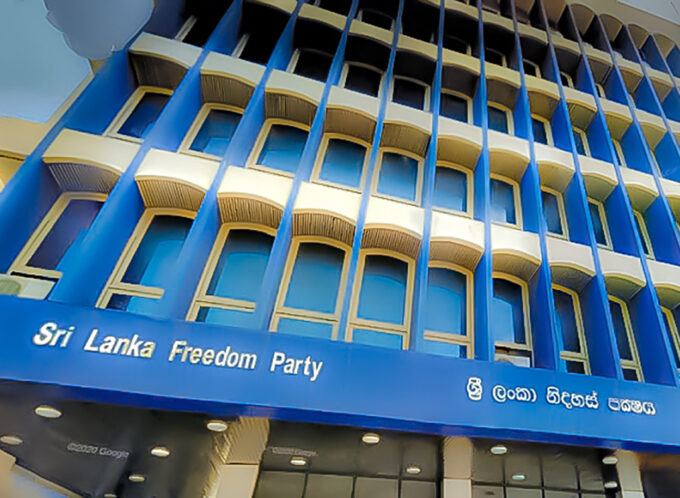
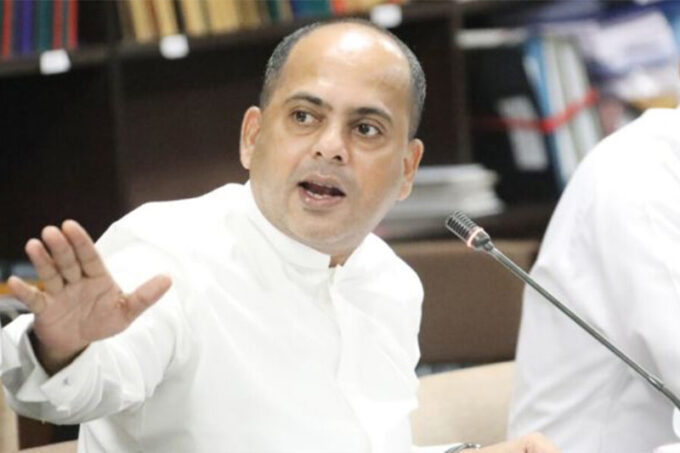
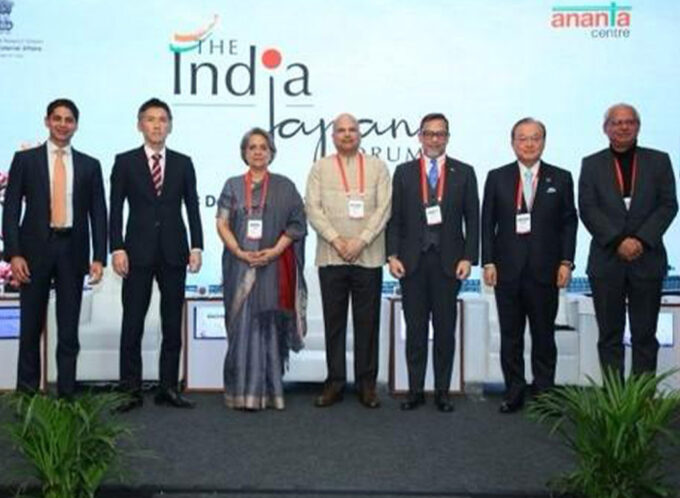

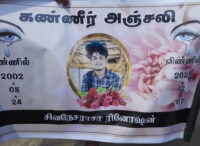
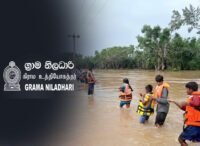

Leave a comment